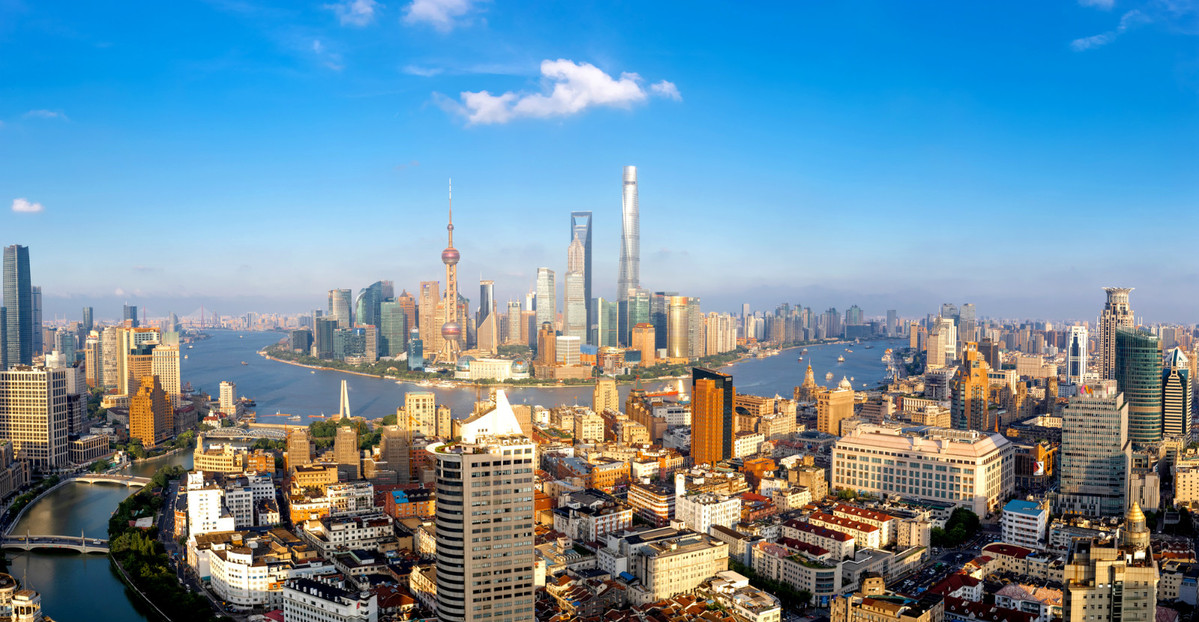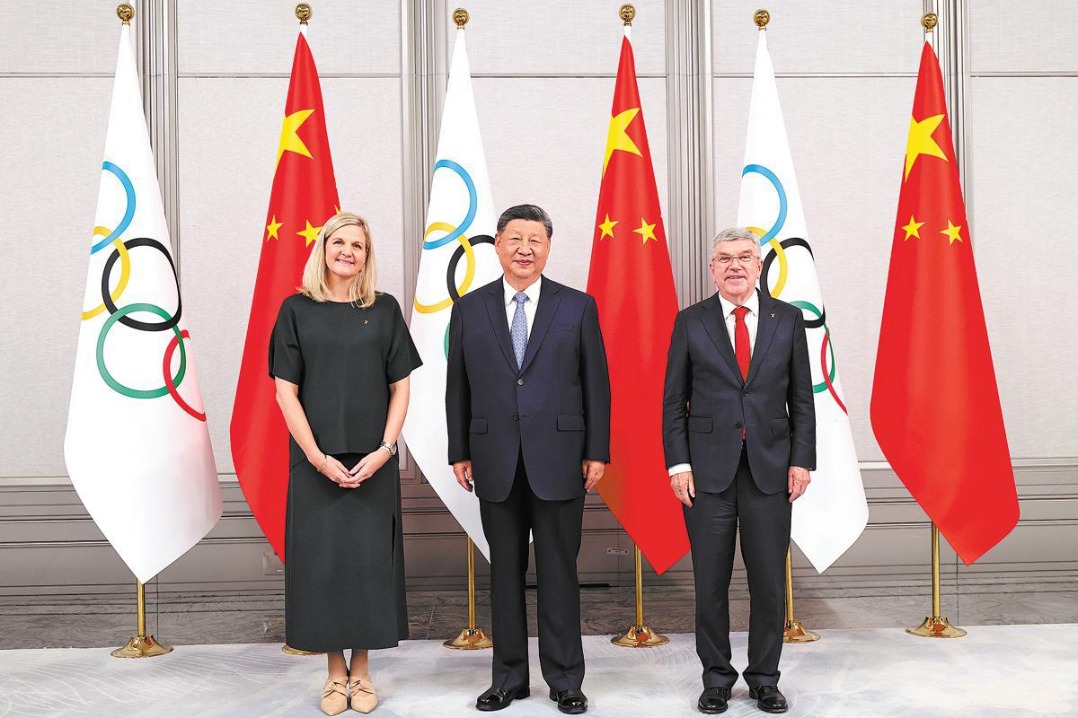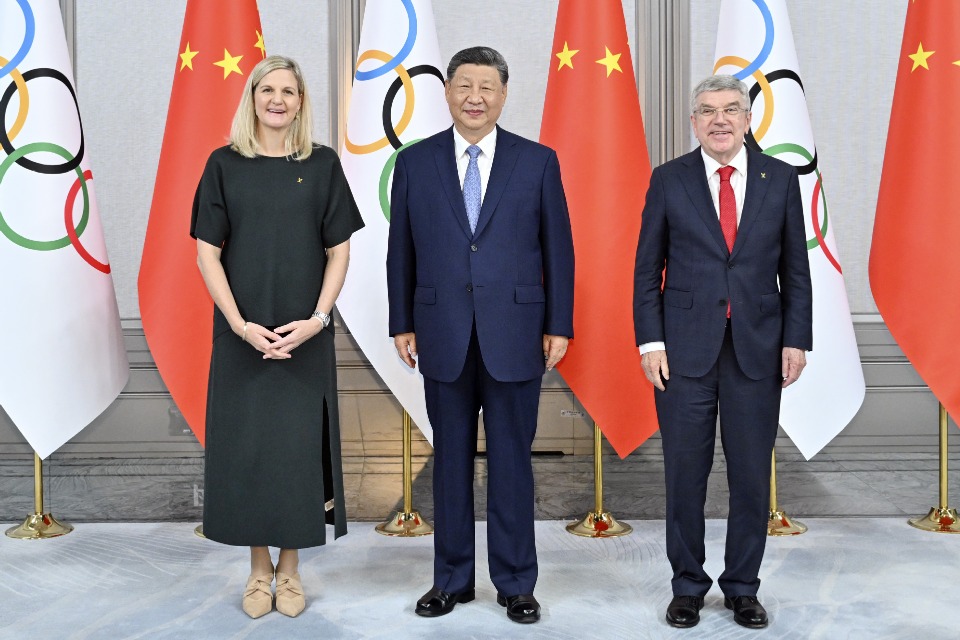Instead of worrying about 'lose-lose' why not choose cooperation and win-win


With the Ukraine crisis entering into its third year, negotiations on the Palestine-Israel conflict again coming to a deadlock, the heated presidential election process indicating a more polarized United States and a possible return of Donald Trump making US allies anxious, it seems the world is becoming more and more turbulent, with multiple challenges emerging.
That is part of the reason why the Western strategic and international relations circle is full of apprehension and pessimism about the prospect of the state of the world. The "Munich Security Report 2024", went straight to "Lose-Lose?" for a title. The report explores a lose-lose scenario if more governments prioritize relative payoffs rather than engage in positive-sum cooperation and invest in an international order that "despite its obvious flaws, can still help grow the proverbial pie for the benefit of all". The worries and concerns expressed in the report show that, although people agree that the current international order needs to be mended and updated and the approach of "my country first" does not work in an era of greater multipolarity, the developed world, once leaders of novel ideas, has no solutions to propose this time.
There is a reason for that. The mentality of competition and conflict of some Western major powers makes the "lose-lose" prospect seemingly inevitable: following the logic of the "winner takes all", every player would strive to be the winner at the expense of others; as the emerging market countries grow bigger with increased strength to tip the international balance of power, competition among states will grow too fierce to produce any winner. The changing dynamics in the world order makes those already "at the table" worry about one day losing their primacy and failing to keep their prey on "the menu".
Confrontation, therefore, seems to be the only choice. For example, NATO is keen on building its muscle to deter Russia instead of seriously mulling over a security framework for Europe in trying to end the Ukraine crisis; the US keeps arming Israel in its fight against Hamas without facing up to the root causes and promoting real progress for a "two-state solution"; certain Western countries collude to build up "small yards with high fences" to hold back others at the expense of global common progress… The list goes on.
Haunted by the fear to lose, those with vested interests would continue to act from a "position of strength", which would stoke more antipathies and resistance and in turn drive the world toward a lose-lose situation—a typical case of self-fulfilling prophecy, not uncommon in the history of state-to-state interactions in the West.
In an age of changes, the way we respond also needs to change. I take inspiration from the statement made by Chinese Foreign Minister Wang Yi during China's "Two Sessions", which ended two weeks ago. After declaring that "China remains a staunch force for peace, stability and progress of the world" at a press conference, Wang articulated the way China sees the world and interacts with it, informed by China's millennia-old philosophy. The gist is "win-win cooperation for common interests". This is the rationale behind many of China's diplomatic moves: mediating between Saudi Arabia and Iran to achieve a historic reconciliation in 2023, building conditions for the United Nations Climate Change Conference to reach the "UAE Consensus" and contributing to global climate response by committing to the world's highest carbon emission intensity reduction in the shortest time in history, and calling for the establishment of an international AI governance institution under the framework of the UN to jointly safeguard the well-being of humanity.
In China's vision of the world, all parties should be able to participate in shaping the international order on an equal footing. Everybody contributes and everybody benefits. This is what a win-win situation means and what a just and orderly multi-polar world stands for.
As to global development, China has also offered its proposal—an inclusive globalization that benefits all. With more and more people realizing that the absence of cooperation is the biggest threat to global development and severing supply and industrial chains would only lead to a lose-lose, rejecting decoupling has become an international consensus.
Not only does China advocate an inclusive globalization, it has acted on the vision. Committed to high-standard opening-up, China has announced a host of new measures for market access, national treatment and investment service to further align with international rules and regulations. This will further boost China's appeal as a mega-market supported by its large population, which cannot be ignored without costs. As some business leaders say, China has become a synonym with the best investment destination and that the "next China" is still China. Take Germany for example, its direct investment in China in 2023 increased by 4.3 percent to a record of 11.9 billion euros ($12.78 billion). What is more, with its latest visa-free policies, people-to-people exchanges between China and these countries will grow significantly, a boon to global tourism and greater mutual understanding across the world. To shut out China in the name of "de-risking" would deny oneself these opportunities at the cost of one's own interests.
From Munich to Beijing, the answer to getting out of the "lose-lose" dilemma is becoming clear: remain open and oppose exclusion, engage in cooperation and oppose confrontation, strengthen solidarity and reject division. Hopefully, the warm spring sunshine of Beijing will drive away the gloom of Munich's winter.
The author is a commentator on international affairs, writing regularly for Xinhua News, Global Times, China Daily, CGTN etc.
The views don't necessarily represent those of China Daily.
If you have a specific expertise, or would like to share your thought about our stories, then send us your writings at opinion@chinadaily.com.cn, and comment@chinadaily.com.cn.


































